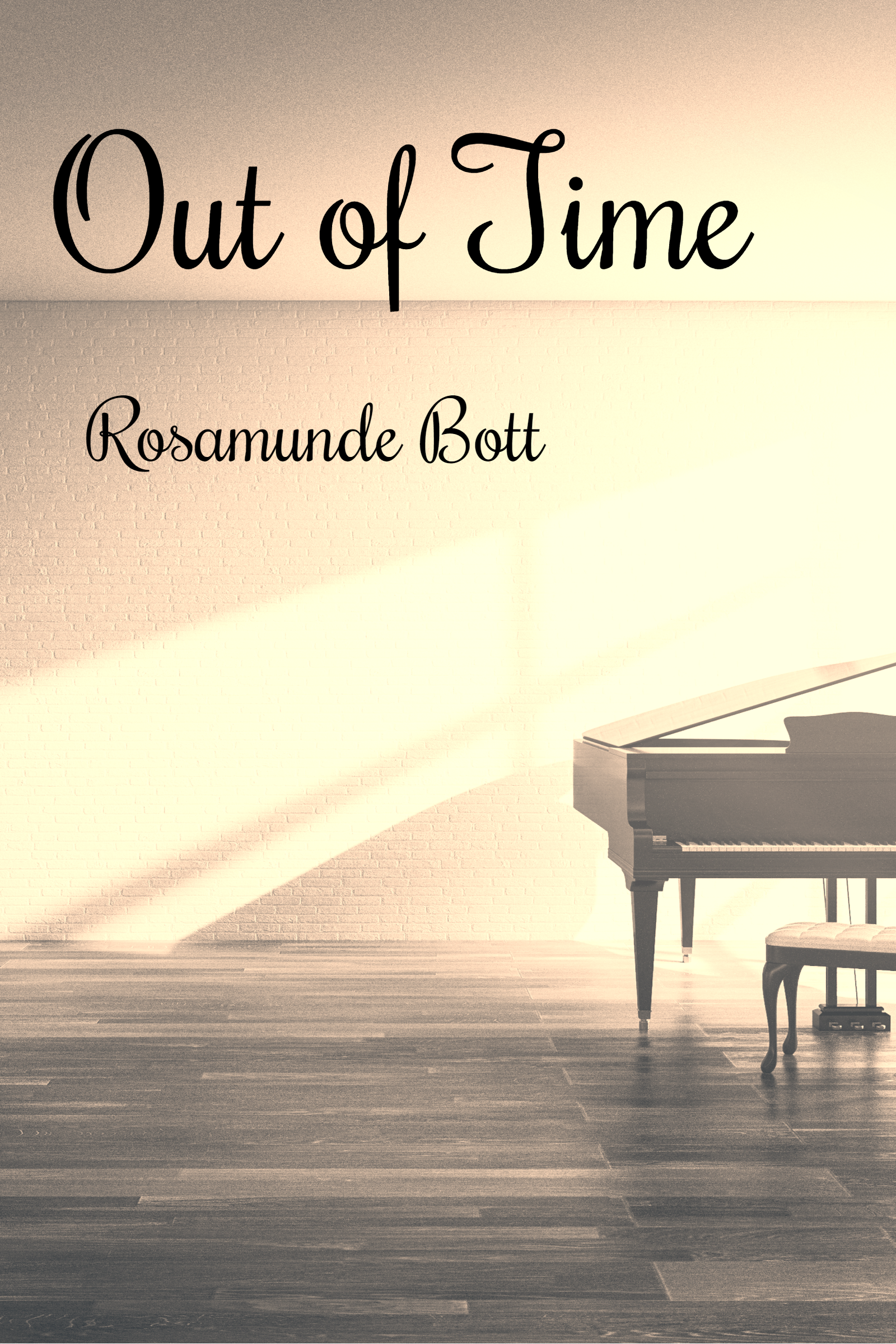 While you are waiting for your book to become a bestseller, be made into a film, and make you very rich (😊) you have to earn a living (unless you are lucky enough to have a private income or a partner who makes enough for both of you. In which case, you probably don’t need to read this post).
While you are waiting for your book to become a bestseller, be made into a film, and make you very rich (😊) you have to earn a living (unless you are lucky enough to have a private income or a partner who makes enough for both of you. In which case, you probably don’t need to read this post).
Most writers who don’t have a private income or a wealthy and generous partner, have to juggle. They have to find a way of incorporating writing into their life whilst still earning enough to keep the wolf/bailiffs/debt collectors from the door, food on the table and some sort of a roof over their head.
In my experience, sometimes the only options appear to be the following:
a) Burn the candle at both ends and suffer burn-out.
b) Give up on writing so you can actually live a little
c) Become bitter and twisted
I have myself done all of the above at one time or another, and none of them are satisfactory. Let’s take a look and see how each of these might work (or not).
a) I once went to a talk by a well-known writer of historical war novels. He was very interesting and very inspiring, but I was puzzled. He told us that he still worked full time for a living and I could not understand how he could produce so many books on top of a full-time job. I really wanted to know because at the time I was in a full-time job myself and was very frustrated that I wasn’t doing enough writing. After the talk finished I approached him and asked him how he did it. He told me he was an insomniac, so he wrote at night.
I have to say that my heart sank to my boots. I am not an insomniac (not on a regular basis anyway), and neither is it possible for me to get any less than seven hours’ sleep and still function the next day. So that was out of the question. The only other option is to spend the hours you have when you’re not at work writing your magnum opus. The only trouble with that is that your social life suffers, and not just because you’re not going out and having a life, but because you are so tired that you become crabby and irritable with anyone you come into contact with. In my experience.
If you work full time, have a social life and write, then you are in serious danger of burning out. The temptation is therefore to…
b) Give up on writing. This either happens consciously as an overnight decision, or gradually. You keep convincing yourself you are a writer, but day after day you find an excuse to put it off – there is always something else you need to do, or you’re too tired, or your kids need taxiing, you have to visit your elderly mother or there is a series on Netflix that you absolutely have to watch because everyone says it’s brilliant… and before you know it weeks and months have gone by and you have not put one word on paper.
If you are not really at heart a writer, this might be OK, and perhaps this is the moment that you realise it’s not what you want to do after all. But if you really truly, deeply want to write, you will feel a growing dissatisfaction, a nagging sense that something is not quite right. You have lost your purpose, you might even become depressed for seemingly no reason. Then one day you wake up and realise the reason you are feeling like this is because you haven’t written for ages, so you go back to…a)
And then you go back and forth between burn-out and giving up. Eventually…
c) You become bitter and twisted. You feel the whole world and its systems are against you ever being a serious writer. The danger here is that you enter into ‘Victim Mentality’ and believe yourself to be helpless and hopeless. You become a cynic, believing that a writing career can never be for the likes of you…
I am certain there is a way through this ‘Catch 22’ situation for any writer
No. You do not want to go down that path. But what other options are there?
Well, there is a middle ground, and you will have to find the solution that is right for you, but(or, indeed, any creative soul who finds themselves in that chasm between doing their thing and earning a living).

Find the right balance
Here are a few suggestions – you can pick and mix these. The idea is to just keep going until you find a balance that is just right, and you might have to build up some of the money-making activities over a period of time before you will earn yourself lots of time to write. This might mean some financial compromises will have to be made, but if you really want to do this, I think you will end up being far happier and satisfied than being in a job with lots of money, but never writing.
• If you want to keep your full-time job, try writing at work or travelling. When I was working full time in education I used to take my writing folder in and write for half an hour at lunch time in the staff room. At other times, when commuting by train in London, I have written during the journey.
• If you can afford it, work part-time and write the rest of the time. You will have to weigh up whether this is practical, but with some careful planning, it can be done. Or you could build up some of the options below whilst keeping a part-time job.
• Build a business that feeds your writing. After years of struggling to do fit writing in around a job I didn’t like, I started making my family history hobby into a business. It is now a very successful business, and because I write historical and ancestry themes, the two things feed the other.
• Look into network marketing ideas (make sure they are authentic, ethical and something that interests you). Not for everyone this, and you really do have to put the work in, but you can build up a business this way on a part-time basis and eventually earn enough money to fund your writing career. Look at companies such as Forever Living or Wikaniko.
• Start up a blog and earn money by placing affiliate adverts. If you can blog regularly and get some traffic to your site, this can earn you some extra money.
• Create online courses. There are sites now (e.g. Udemy) where you can create courses and earn money when students enrol on your courses. If you do not have any educational experience, there are plenty of free courses to help you get started. Udemy gives you free step-by-step sessions on building your own course.
• Build up a ‘portfolio career’ around your writing interests following some of the examples above. For example, if you are particularly interested in writing science fiction, you could run a science fiction blog/website, create online courses about the history of science fiction, make short films for YouTube.
• Here’s a risky one, and definitely not for the faint-hearted – but I’ve done it and survived. Re-mortgage or sell your house and take up renting. The equity you release can fund you for a year or two to write your novel. I am sure that any financial advisor would advise against this – but what the hell – you’re a writer, and if you are passionate enough about it, then writing your book is far more important. When you’ve finished writing your book you can spend any time/money you have left self- publishing and marketing like crazy!
Above all, don’t get caught up in the world’s social conditioning of you have to have a job, conform to what’s ‘normal’ (whatever that is), retire with a nice house and a pension to sit twiddling your thumbs after years of working 9-5 for bosses who don’t give a damn who you are anyway.
If you are a writer, or any creative artist, don’t conform. Do what’s right for you, what works for you, and above all do what you want to do. Be passionate and committed and you will find your way through the dilemma of writing versus earning a living. And who knows? One day you’ll be earning a living by writing. That, my friend, will be worth all the hard work.


 While you are waiting for your book to become a bestseller, be made into a film, and make you very rich (😊) you have to earn a living (unless you are lucky enough to have a private income or a partner who makes enough for both of you. In which case, you probably don’t need to read this post).
While you are waiting for your book to become a bestseller, be made into a film, and make you very rich (😊) you have to earn a living (unless you are lucky enough to have a private income or a partner who makes enough for both of you. In which case, you probably don’t need to read this post).